Rules for Bristol’s radicals
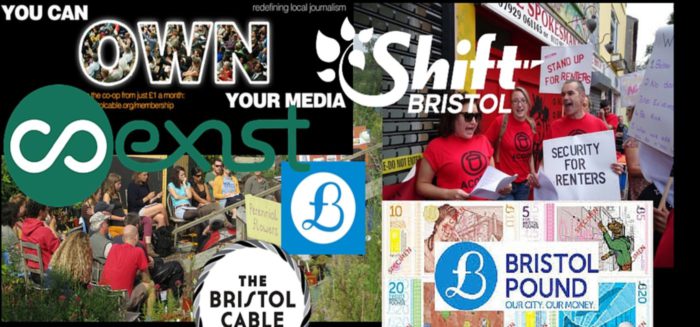
The first of a series, Kat Wall reflects on social movements in Bristol – what works, and what are the barriers to progress?
All of us live in a society, in a city, that is grappling with some big challenges right now. From inequality to climate change, racism to a housing crisis, these challenges are complicated and deep rooted.
They require fundamental changes to the systems that shape our world – from the economy, to the political structures of local and national government, to the cultural ways we interact with each other.
There are many organisations and group that are working to address these issues and make the changes needed to create a more equal, a more just and a more sustainable world.
In January 2015 I started mapping those organisations, campaigns and projects across Bristol that are questioning the current system, disrupting it in some way, and pioneering new projects that can model a different way of doing things.
I’ve been involved in activism for most of my adult life. This has led me to reflect on the ‘hows’ of social change work across different struggles – what’s worked, what the barriers are, what might shift things in a better direction.
The projects included the Black South West Network, ACORN, Shift Bristol, Co-Exist, the Bristol Cable and the Bristol Pound. I interviewed 21 change makers, surveyed 120 activists, campaigners, trade unionists, faith group leaders, academics, politicians, advocates, and practitioners and had informal conversations with dozens more.
“We need to work collectively across issues.”
Here is what I have found so far. Three overriding common factors enable these organisations and groups trying to make change to succeed:
- The people who dedicate their time and skills.
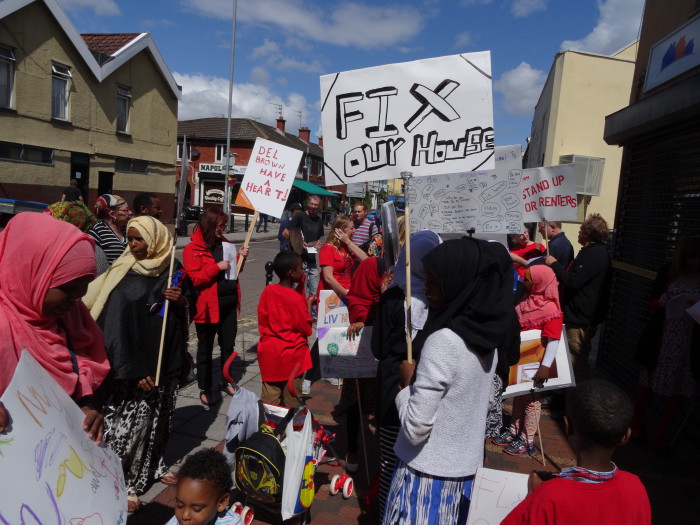
- Action demonstrating alternatives in practice.
- The endorsement of those with power and resources in support of these activities.
On the other hand, three overriding common factors frustrate the success of these initiatives:
- A lack of resources (both time and money).
- The nature, culture and process of organising for change.
- The barriers posed by those with power and the systems that support them.
A s Mark Burton, co-founder and board member at the Bristol Pound told me, ‘The biggest barrier to change is that people with shared values work across an array of different projects but don’t engage with each other’.
s Mark Burton, co-founder and board member at the Bristol Pound told me, ‘The biggest barrier to change is that people with shared values work across an array of different projects but don’t engage with each other’.
There was a strong shared sense across the people I interviewed about what might move things forward, what might shift things here in Bristol:
- Create better collaborative structures that break us out of our issue focused/sector focused work and encourage us to build and strengthen change-projects with those who share common cause;
- Break the silences that exist about divisions in the city and their causes to radically alter the scope and nature of change here in Bristol;
- Address the power and privilege issues within many social change organisations/campaigns/projects so that the replication of the very problems these organisations are seeking to change ceases.
As Sado Jidre, director of the Black SouthWest Network, explained, ‘We need to work collectively across issues – everyone is becoming insular because of the lack of funding and insecurity… we need to move beyond this’.
“The rhetoric doesn’t match the lived reality for many in the city.”
After a year doing this work, my reflections about change-work in Bristol and the city overall have shifted. When I started I saw Bristol as a beacon of forward-thinking radical work for social justice. Some of the projects I have come across do indeed reflect this. But for a city that has been European Green Capital, is supposedly ‘the best place to live in Britain’, with a rich tradition of subverting the status quo – it is a deeply divided place along race, class and geographical lines that is in many ways still unsustainable. The rhetoric doesn’t match the lived reality for many in the city, as one interviewee concluded.
The walls of inequality and difference are high and until society figures out a way to acknowledge they exist and start un-building them brick by brick, a better world will not be possible. For me, addressing this underlying inequality is where we have to start – with ourselves, with our own prejudices, even within our own campaigns and organisations – many of which seek to make our society and city a better place. It is the thread that runs through everything, through every problem, every challenge, every cause.
Over the coming months I want to use this space to continue these conversations around power, social change and inequality in our city. I want to speak to those whose voices are rarely heard, to understand the issues at the heart of our city and explore what it will take to make change happen in Bristol and beyond.
Please get involved in the discussions on Loomio.
Loomio is an online discussion forum used by Cable membership. If you’re a member you will have received an invite, but if it’s lost -don’t worry. Check out the link on the monthly newsletters or contact membership@thebristolcable.org

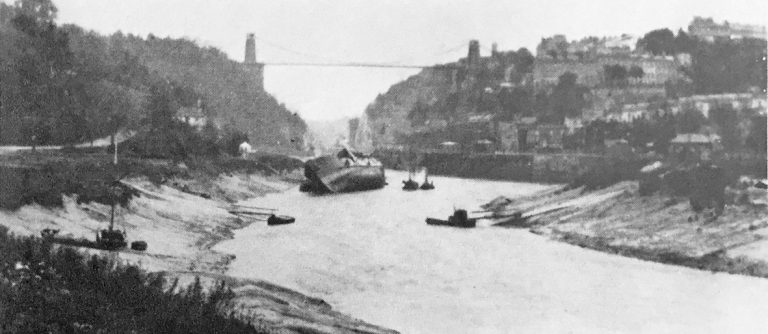
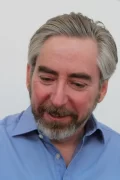
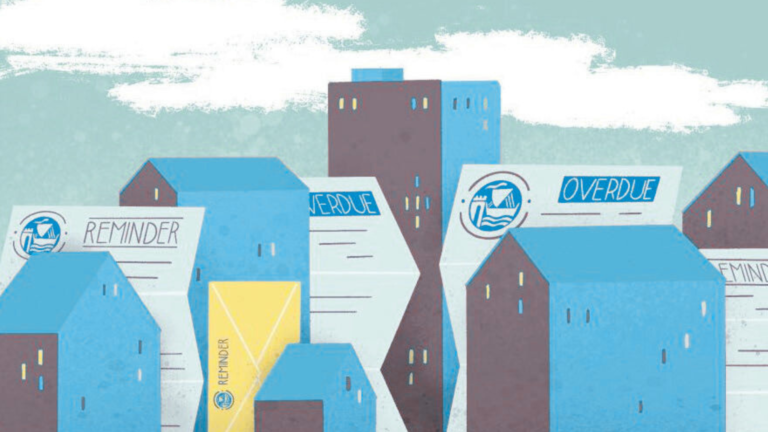

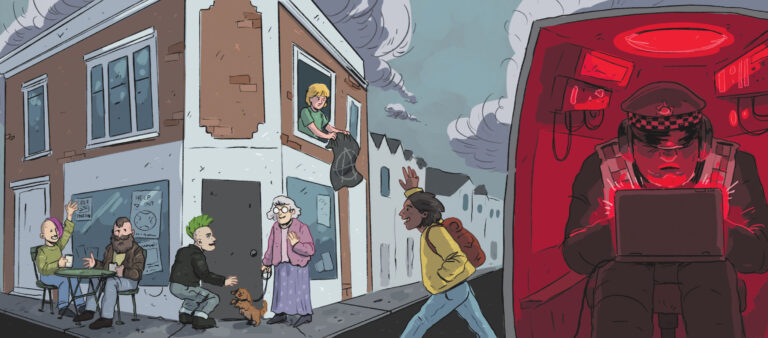

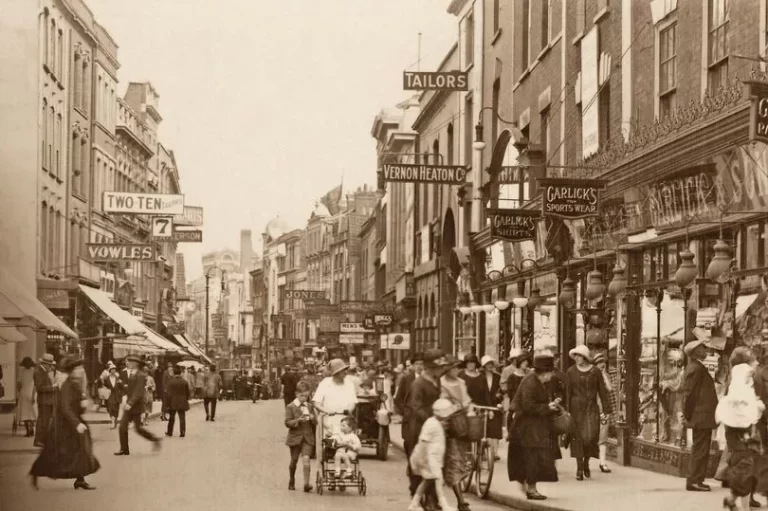


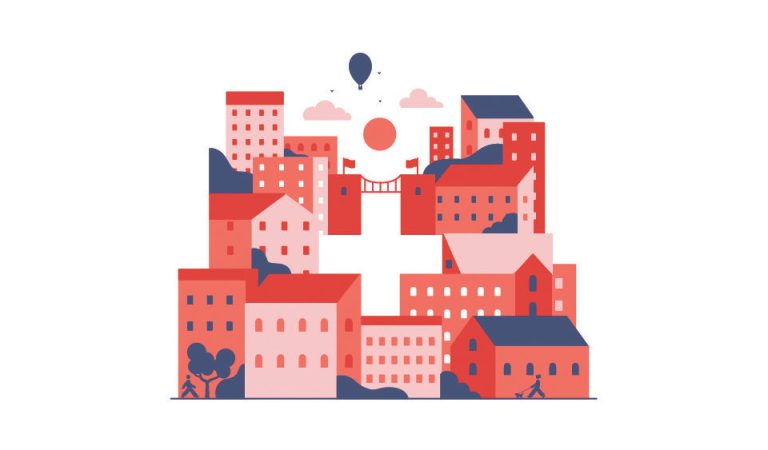


Report a comment. Comments are moderated according to our Comment Policy.
Would the #NOMacInF (No McDonalds in Fishponds) grass roots campaign be of interest? Having persuaded the council to reject the McD plan we now have to fend off Ronald McD at a Public Inquiry in November. We have linked up with similar campaigns in Australia and Newcastle!
As a result of local demos, petitions and direct action a community planning body has been formed which is influencing planning applications and devising a Local Plan based on surveys etc.